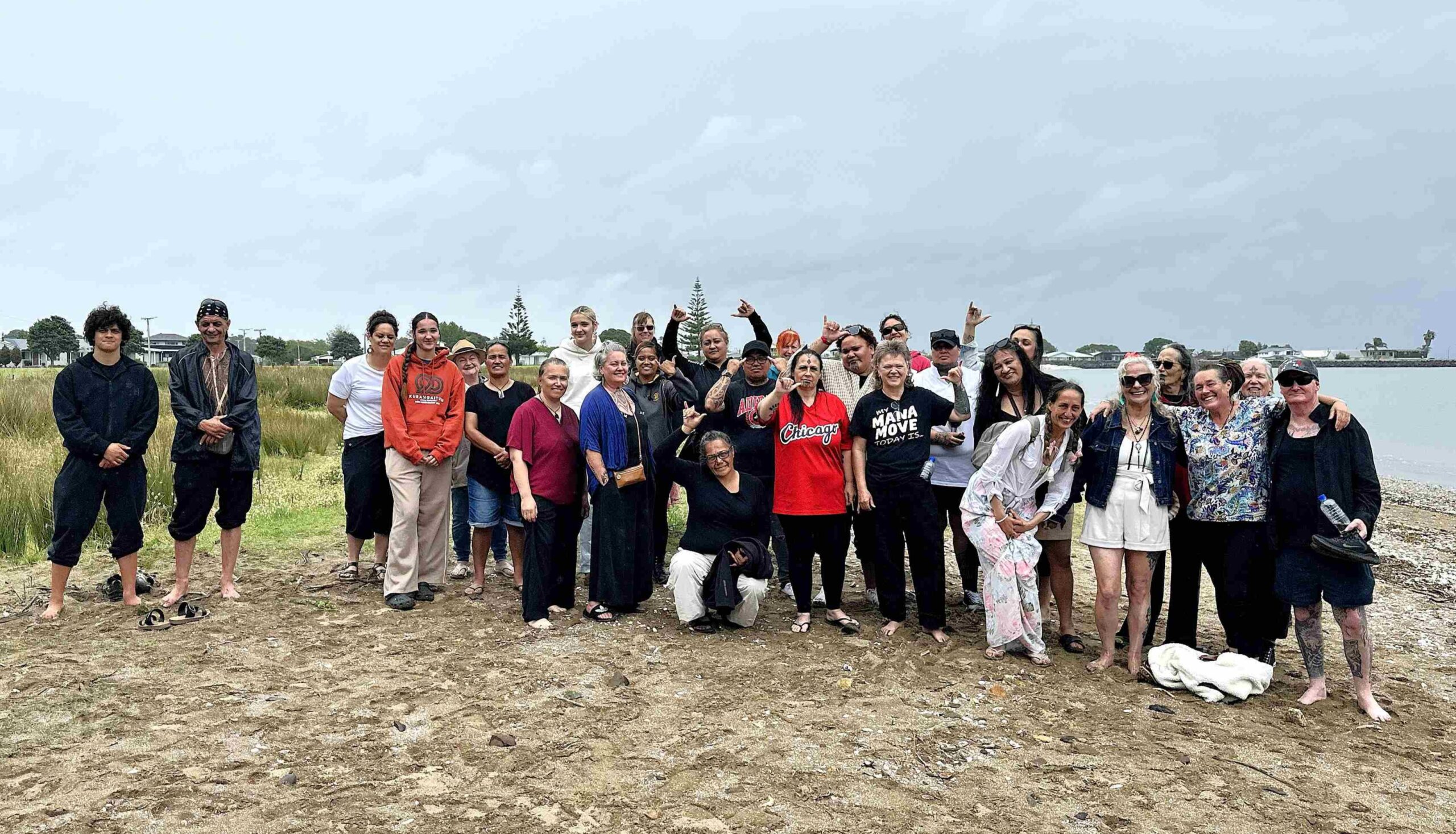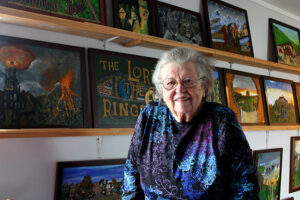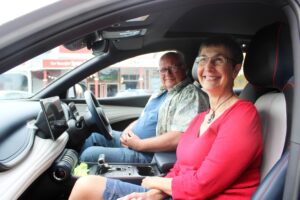On a rainy Wednesday afternoon in Thames, 30 people stood by the shore in Kuranui Bay. Some cried, some yelled; others merely gazed out at the clouds in silent contemplation.
The November 12 National Day of Remembrance was for the survivors of abuse in state and faith-based care; a chance to come together in recognition of the journey of their trauma.
Several such events were held around the country, one year on from the government’s official apology in response to the Royal Commission of Inquiry’s six-year investigation into the pain, abuse, and trauma many people suffered in institutions and as wards of the state between 1950 and 1999.
In Thames, the remembrance day was hosted at Te Whāriki Manawāhine o Hauraki Women’s Refuge with funding from the Department of Internal Affairs.
State care survivors and their whānau were invited to spend the day connecting with others over songs, storytelling, traditional healing and support, and a shared meal.
At 2pm, they made their way to Kuranui Bay for a brief but solemn ceremony with karakia and oro [healing through vocalisations and resonance], placing flowers in the sea as symbols of healing.
Alongside the grief, though, was anger.
“There’s still a big fight ahead of us. We want our government to implement recommendations and to provide recompense for all of our whānau, past or living,” Te Whāriki Manawāhine o Hauraki director of research Paora Moyle said.
“Many of our whānau passed, they passed early because of the pain, the dislocation, the loss of land, the loss of tamariki.”
“It’s like we are just forgotten,” survivor Katherine told The Profile.
“The apology… I listened to it again last night because it is a year in the memory. And everything that they had said that they would do, it’s like the ballpark has been pushed [back] – it’s not lies but they certainly haven’t walked their talk.
“And it doesn’t feel like an apology at all.”
Most of the people at the event were themselves survivors of state care – they spoke of their experiences being separated from their families at a young age, suffering abuse under the care of the state, and being pushed out of the system at age 18 with none of the functional life skills needed to raise their own families.
“I broke away from the welfare system, got off the dole. [But] that’s me personally. A lot of people don’t manage to do that,” Darren, another survivor, said.
“After years of being a child that wasn’t taught how to live, that didn’t have role models… you kind of have to teach yourself the things in life.
“Sometimes with numbing that pain – we see people that have lost houses, lost everything and are in jail for silly, dumb things because they’re reacting to the trauma.
“And the government just going, ‘Oh well, we’ve got funding for this, therefore we’ve done our job’, isn’t enough, especially when the words are hollow.”
More needed to be done, the survivors said; to help break the dysfunctional intergenerational cycles, and to help survivors deal with their trauma and improve their lives.
“I was three years old when I was [taken],” said another survivor, who did not wish to be named.
“They did nothing from last year… it took a heavy mental toll on me. It took a whole lifetime to put [the trauma] away.
“But now that I’ve had to go back into it thanks to the frigging government because I have a claim on it, I can’t put it away.
“They really didn’t care. They’re out there making out they’re going to do something. And I was so angry, I made myself sick.”





